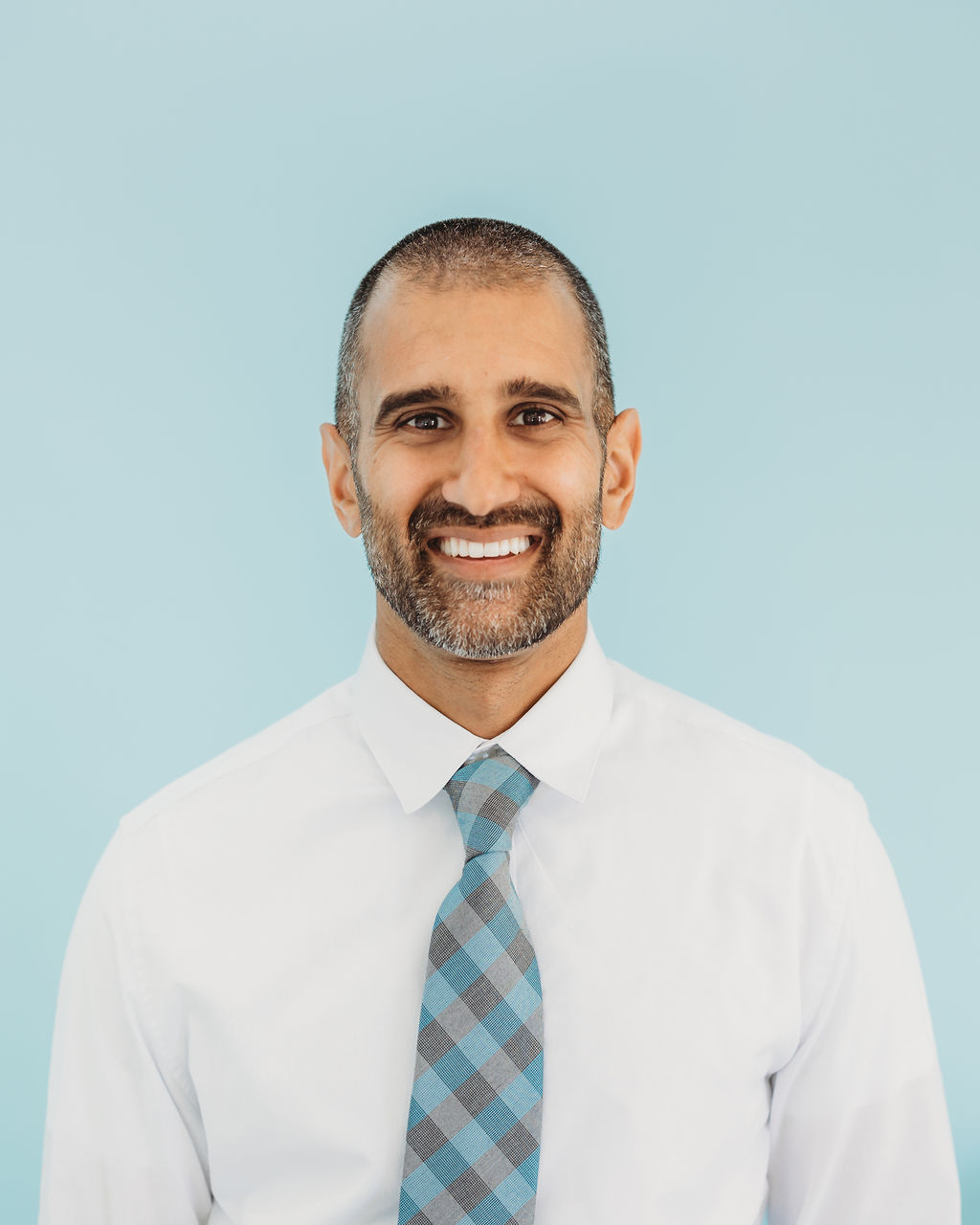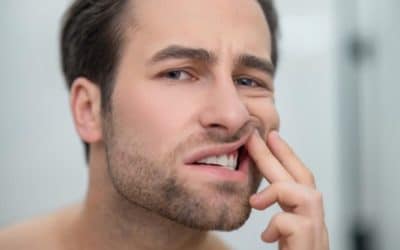Obstructive Sleep Apnea (OSA) is a sleep disorder marked by repeated airway obstructions during sleep, leading to breathing pauses. While OSA can affect anyone, factors like obesity and physical characteristics that narrow the airway can increase the risk.
Untreated OSA can lead to serious health issues, ranging from excessive snoring to significant daytime sleepiness. It’s essential to explore treatment options for individuals with OSA.
Understanding Obstructive Sleep Apnea
OSA occurs when the muscles around the throat relax too much during sleep, causing the surrounding tissue to press against the windpipe and block the airway. This blockage is often worsened when sleeping on your back, as the tongue and larynx can obstruct the airway in this position.
Common Symptoms of OSA
Recognizing the symptoms of OSA is crucial for seeking appropriate treatment. Common symptoms include:
- Excessive daytime sleepiness
- Loud snoring
- Sudden awakenings with choking or gasping
- Waking up with a sore throat or dry mouth
- Morning headaches
- Difficulty concentrating during the day
- Mood changes, such as irritability or depression
Other symptoms may include:
- Feeling tired upon waking
- Memory problems or reduced cognitive function
- Decreased sex drive or impotence
If you experience multiple symptoms, consult a healthcare provider for an accurate diagnosis and treatment recommendations. Untreated sleep apnea can lead to more severe health issues over time.
Diagnosing Sleep Apnea
If you exhibit symptoms like snoring and insomnia, seeking medical evaluation is essential. Often, sleep apnea is first noticed during dental exams. Dentists can play a key role in diagnosing and treating sleep apnea through Oral Appliance Therapy.
Dentists may use questionnaires and airway evaluations to screen for sleep apnea before referring patients to a doctor for further assessment. However, only a medical professional can officially diagnose sleep disorders like OSA through a comprehensive sleep evaluation, which might include an overnight sleep study or a home sleep apnea test.
Treatment Options for Sleep Apnea
Continuous Positive Airway Pressure (CPAP) Therapy
CPAP therapy involves wearing a mask connected to a machine that continuously blows air into the airway to keep it open during sleep. This treatment is highly effective for moderate to severe sleep apnea and is often considered the best option.
Oral Appliance Therapy
Mandibular Advancement Devices (MADs), or oral appliances, are custom-designed to keep the airway open by repositioning the lower jaw and tongue. Oral Appliance Therapy is a popular alternative to CPAP, particularly for those with mild to moderate sleep apnea or those who struggle with CPAP.
Lifestyle Modifications
Making lifestyle changes can significantly help manage sleep apnea and improve sleep quality:
- Weight loss: Diet and exercise can help achieve and maintain a healthy weight, reducing sleep apnea symptoms.
- Avoiding alcohol: Limiting alcohol intake, especially before bedtime, as it can relax throat muscles and worsen sleep apnea symptoms.
- Sleeping on your side: This position can reduce airway collapse and decrease breathing pauses during sleep.
Surgical Interventions
For severe sleep apnea or when other treatments fail, surgery may be recommended. Surgical options can include modifying the jaw, removing excess throat tissue, or implanting devices to support the airway.
Combination Therapy
Sometimes, a combination of treatments may be necessary to effectively manage sleep apnea. For instance, combining oral appliances with CPAP therapy can be beneficial for those who continue to experience symptoms with a single treatment approach.
What are Oral Appliances for Sleep Apnea?
If diagnosed with sleep apnea, a healthcare professional might recommend oral sleep appliances or CPAP therapy. Oral appliances offer a noninvasive way to realign the jaw and tongue to keep the airway open during sleep, suitable for those with mild to moderate sleep apnea. These devices can also address bruxism, TMJ issues, snoring, and some types of headaches.
How Does Oral Appliance Therapy Work?
Custom-fit mouthguards and oral appliances keep the airway open by supporting the jaw and tongue. They come in two main types:
- Mandibular Advancement Devices (MADs): These devices reposition and support the jaw, addressing one of the common causes of sleep apnea.
- Tongue Stabilizing Devices (TSDs): These devices keep the tongue in a forward position to prevent it from blocking the airway.
Benefits of Oral Appliance Therapy Compared to Other Treatments
- Comfort: Many patients find oral appliances more comfortable than CPAP masks, increasing treatment compliance.
- Portability: Oral appliances are small and lightweight, making them ideal for travel.
- Convenience: They do not require batteries or electricity, simplifying nighttime use.
- Ease of Use: Oral appliances are easy to clean and maintain.
- Discreetness: They are less visible than CPAP masks, which can be a confidence booster for self-conscious patients.
Explore Your Treatment Options Today
Timely diagnosis and treatment of sleep apnea are crucial for preventing complications and improving quality of life. Numerous treatment options are available, including CPAP therapy, surgical procedures, lifestyle changes, and dental appliances. By consulting with a healthcare provider, individuals with sleep apnea can find the best course of action to improve their sleep and overall well-being.
If you suspect you have sleep apnea or experience symptoms like gasping for air during sleep, loud snoring, or daytime fatigue, contact Reveal Dental for a professional diagnosis and personalized treatment options. Take the first step toward better sleep and a healthier life today.

Submitted by Dr. Alkesh C. Sura
Dr. Alkesh C. Sura is the founder and lead dentist at Reveal Dental in Cedar Park, Texas. A North Carolina native, Dr. Sura earned both his Bachelor of Science in Public Health and Doctor of Dental Surgery degrees from the University of North Carolina at Chapel Hill.





